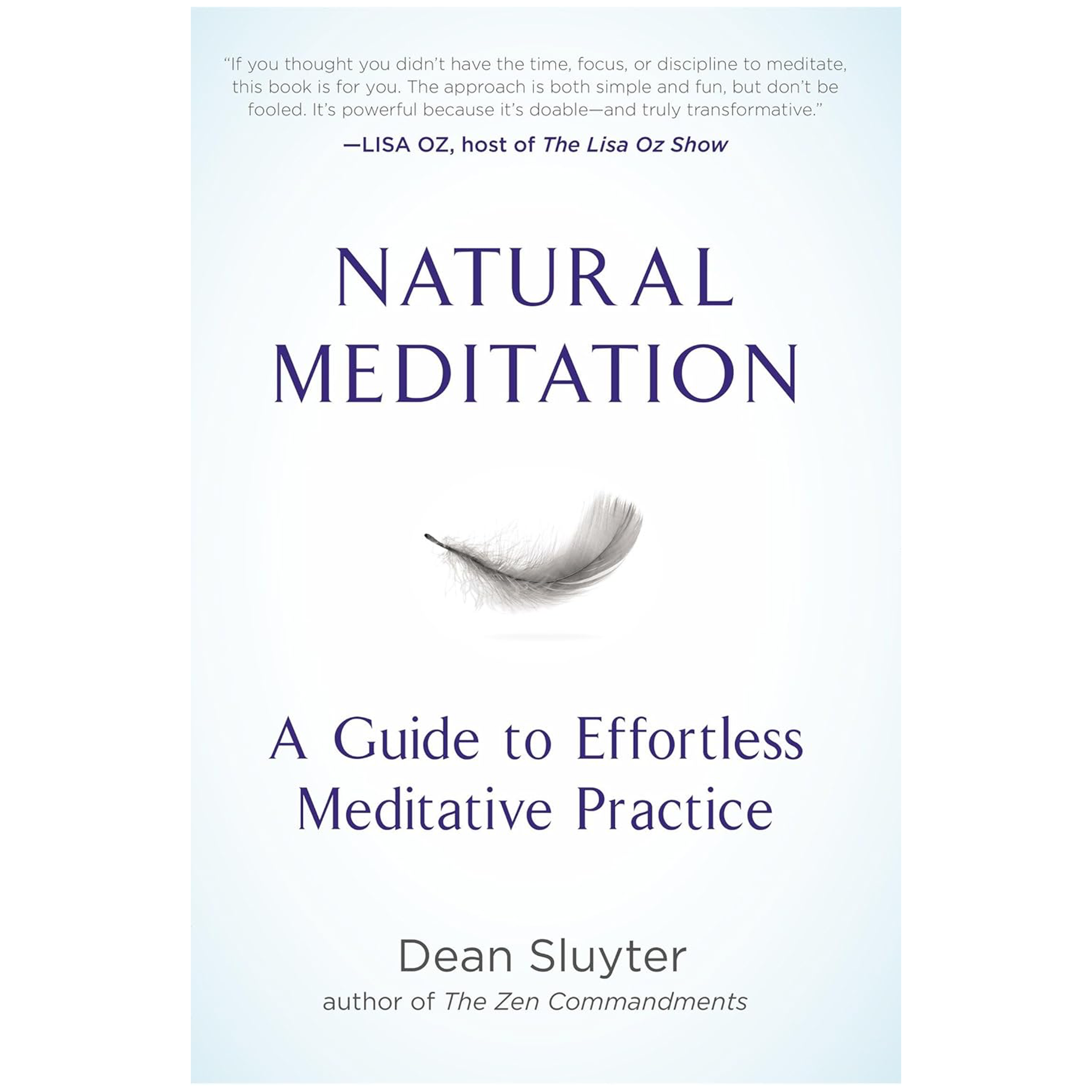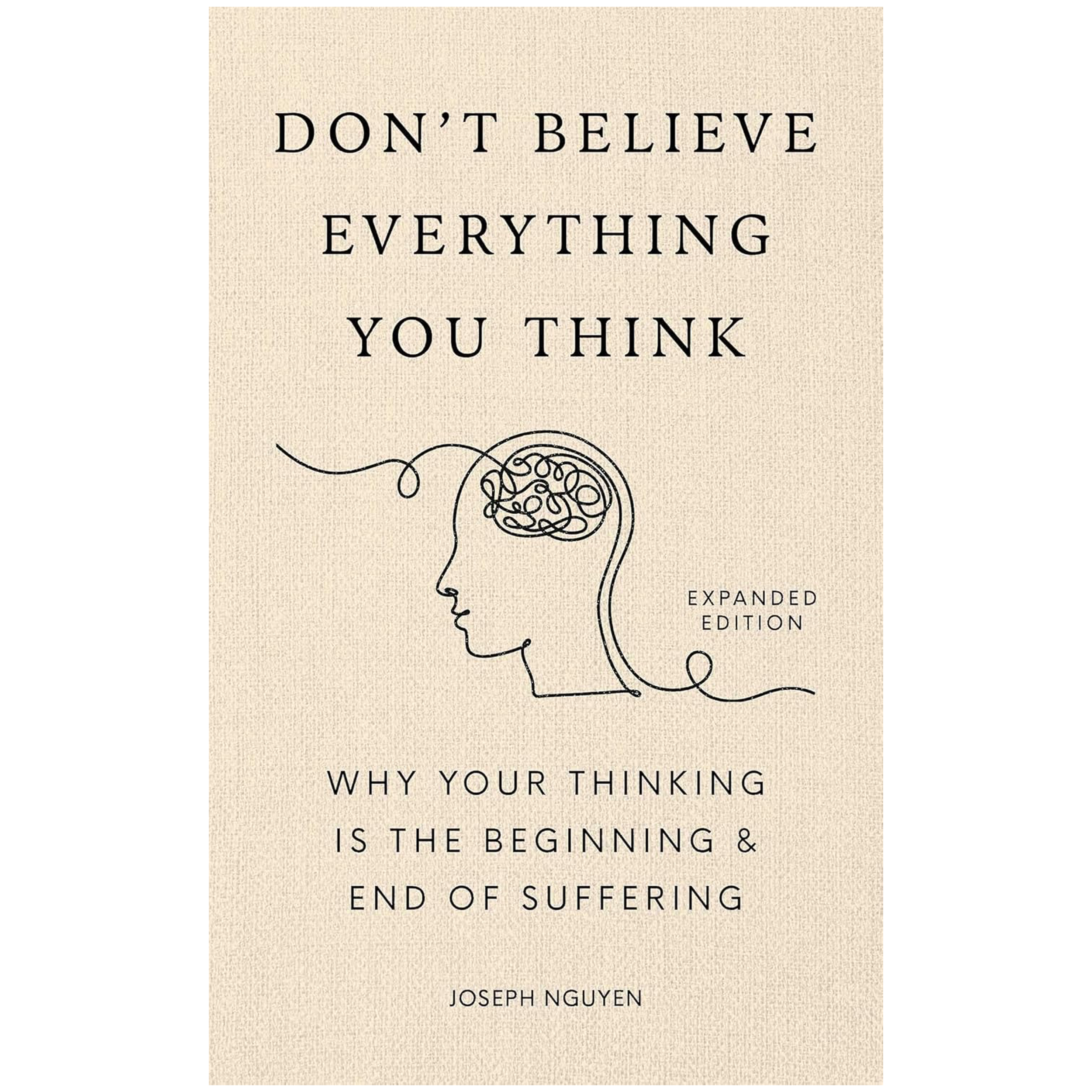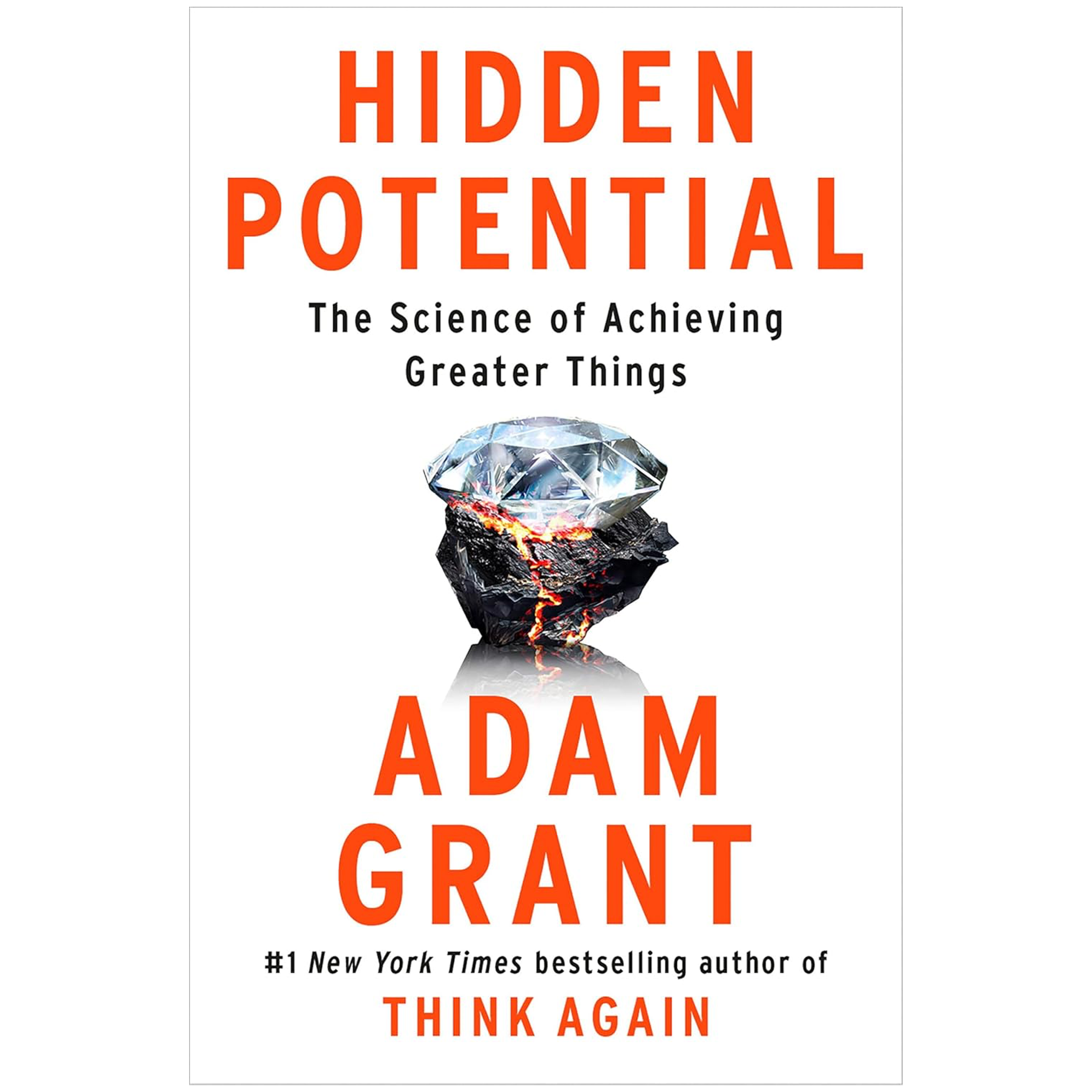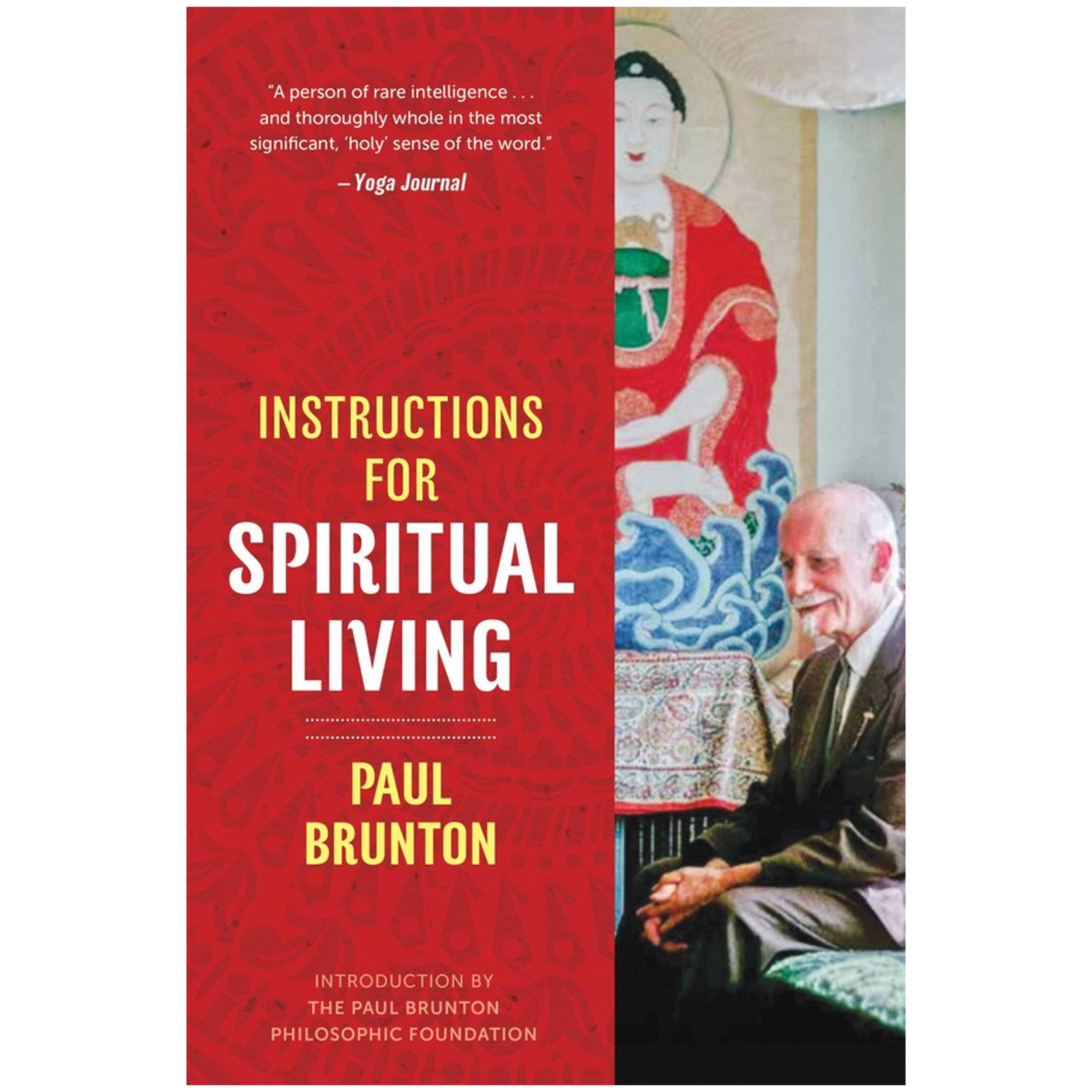Reading Time: 1 min 34 sec
I hope the next 19’ish breaths are the most nourishing of your day.
4 THOUGHTS
1. Why Your Brain Puts Breathing First
“Over thousands of years of evolution, fast and powerful pathways between the respiratory system and the brain have been established. If breathing stops, death occurs within minutes, and so the brain prioritizes messages from the lungs above all others.”
– Charley Morley, Wake Up to Sleep
That perfectly summarizes why breathing works: “the brain prioritizes messages from the lungs above all others.”
Let’s be sure to send our brains positive signals, today.
2. The Meditation Paradox: Too Busy NOT to Practice
“Most excuses fall somewhere in between: ‘It’s not in tune with my personal journey this month’ or ‘Big project this week...so much buzzing around in my head...I’ll meditate when things lighten up.’ Nope. Things will lighten up when you meditate.”
- Dean Sluyter, Natural Meditation
Reminds me of the famous quip attributed to Gandhi: “I have so much to accomplish today that I must meditate for two hours instead of one.”
3. The Science Is In: Breath Is Medicine
Here are two powerful sentences from a book chapter in A Clinical Guide to the Treatment of the Human Stress Response:
“Controlled respiration is one of the oldest and certainly the single, most efficient acute intervention for the mitigation and treatment of excessive stress.”
“Any clinician treating patients who manifest excessive stress syndromes should consider controlled respiration as a potentially suitable intervention for virtually all patients.”
4. A Better Metric That Reveals Your True Success
“When we admire great thinkers, doers, and leaders, we often focus narrowly on their performance. That leads us to elevate the people who have accomplished the most and overlook the ones who have achieved the most with the least. The true measure of your potential is not the height of the peak you’ve reached, but how far you’ve climbed to get there.”
- Adam Grant, Hidden Potential
1 Quote
“Breathing involves a continual oscillation between exhaling and inhaling, offering ourselves to the world at one moment and drawing the world into ourselves at the next.””
1 GOOD BOOK
Natural Meditation by Dean Sluyter
I just finished this one and loved it. Simple, natural techniques alongside deep (yet super relatable) wisdom. It’s meditation for regular people.
In good breath,
Nick Heath, T1D, PhD
“Breathing is the compound interest of health & wellness.”
Enjoy these posts? Donate to say thanks!
P.S. so i know u are safe ❤️
Get One of My Digital Guidebooks
The Breathing App for Diabetes
This is the first program specifically made for people with diabetes to help manage their stress through breathing and mindfulness practices. In addition to the amazing program inside the app, we have some really neat things coming up, so sign up now!
Amazon Associate Disclosure
I’ve been recommending books for almost 6 years. Yet somehow, I just discovered that I could be an Amazon affiliate [face-palm]. In any case better late than never. Now, any Amazon link you click is an affiliate link. As an Amazon Associate, I earn from qualifying purchases. So, if you’d like to support my work, buying books through these links is helpful : )
* An asterisk by a quote indicates that I listened to this book on Audible. Therefore, the quotation might not be correct, but is my best attempt at reproducing the punctuation based on the narrator’s pace, tone, and pauses.







